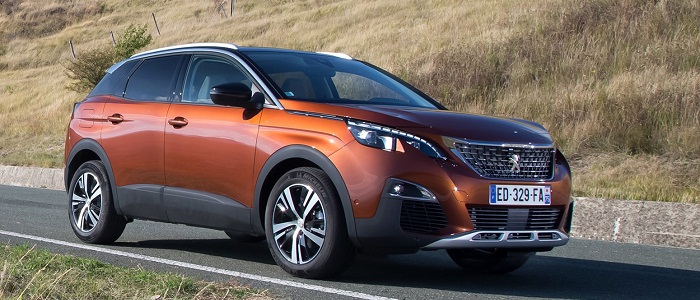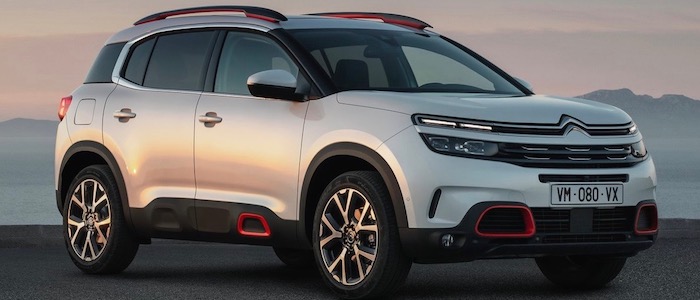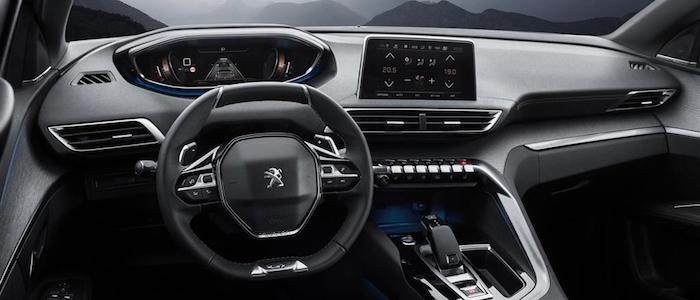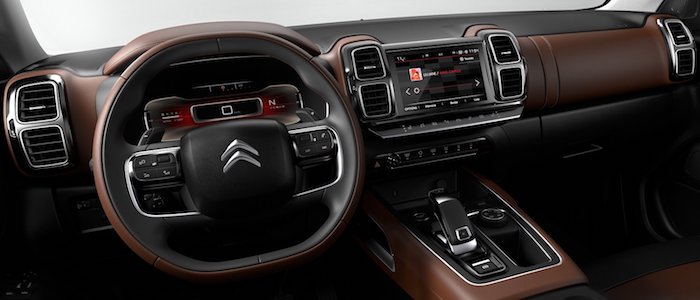Compare two cars
Compare any two cars and get our Virtual Adviser™ opinion
Dimensons & Outlines
Check a car with 30% off a report
Engine
1.5 DV5 / DuraTorq 130
Performance (manual gearbox)
Performance (automatic gearbox)
Expenses
Virtual Adviser's™ opinion
Well, these are two pretty similar cars we have here! It's only details that could potentially make the difference. Considering they both belong to the suv segment and utilize the same 5-door suv body style and the front wheel drive system, it all comes up to the specific diesel engine choice they offer. Both the engines are Peugeot-engineered . The first one has a 4-cylinder, 8-valves 120hp unit, while the other one gets its power and torque from a 4-cylinder, 16-valves 130hp one.
SafetyBoth vehicles got tested by European New Car Assessment Programme (Euro NCAP), with the Peugeot being a slightly better choice apparently. Moving further on, let's take a closer look at some additional safety-related facts. Both vehicles belong to the suv segment, which is generally a very good thing safety-wise, still it doesn't help us solve our dilemma, does it? On the other hand, if we'd like to consider vehicle mass in this context too, which we definitely should, C5 Aircross offers a considerable difference of 10% more metal.
ReliabilityManufacturers have been building their reliability reputation for decades now and, generally speaking, it appears that Peugeot does have a slight advantage, at least on all of the models level. These are the results of an independent reasearch, while our visitors describe reliability of Peugeot with an average rating of 4.3, and models under the Citroen badge with 4.0 out of 5. Unfortunatelly, I don't have enough insight that would allow me to comment in more details on the specific models level. That apart, owners of different cars powered by the same engine as 3008 rank it on average as 4.3, while the one under the competitor's bonnet gets 4.0 out of 5.
Performance & Fuel economyCitroen is a bit more agile, reaching 100km/h in 0.8 seconds less than its competitor. In addition to that it accelerates all the way to 189 kilometers per hour, exactly the same as the other car does. When it comes to fuel economy things look pretty much the same for both cars, averaging around 4.2 liters of fuel per 100 kilometers (67 mpg), in combined cycle.
Verdict
Peugeot appears just a bit more reliable, although the difference is truly marginal. The most important thing when deciding between any two vehicles should always be safety, both passive and active. In this case though, it seems that both cars show similar levels of passenger protection all together, so that won't break a tie. But one thing that actually could is the performance, with Citroen offering somewhat better performance, just enough to call it quicker. To make things even better, it consumps less fuel! I believe that, when we take all into account, we have only one winner here - the Citroen. In any case that's my personal view, built upon all the data available to me. What should decide here though is the way you feel about the two vehicles, and I hope you'll find my guidelines useful in the process. Also, you could use the oportunity to find out which car, everything taken into account, would be the perfect choice for you in the eyes of the virtual adviser™, among more than 12.000 different ones in our database.
































